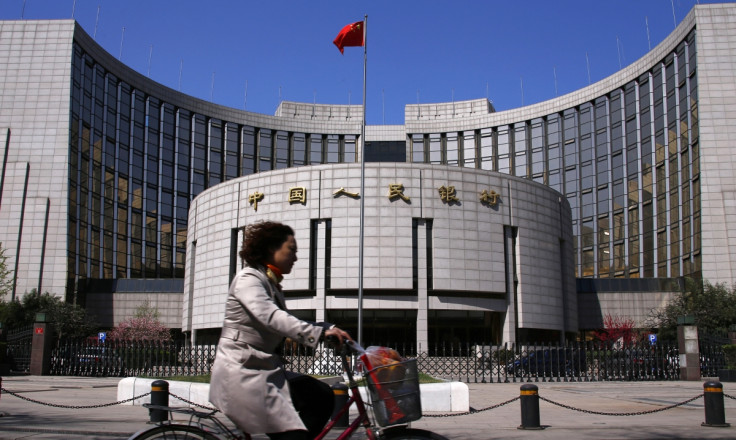China's PBOC injects $67bn ahead of Lunar New Year

The People's Bank of China (PBoC), in an effort to keep borrowing costs in check, has made a major cash infusion. The central bank added CN¥440bn (£47.1bn, €61.5bn, $66.9bn) on 26 January, marking the biggest daily injection since February 2013. Of this, CN¥360bn was added via 28-day reverse repos and the remaining CN¥80bn through seven-day reverse bond repurchase agreements.
This follows the central bank's net injection of CN¥315bn into the banking system last week. The moves come ahead of the Lunar New Year (the first day of the New Year in the Chinese calendar), which will see increased demand for funds. Banks will close as result of the festivities for a week starting 8 February and people will need to stockpile cash to pay for expenses such as travel, feasts and gifts.
While the demand for cash in the run-up to the Lunar New Year is estimated to be as high as about CN¥3tn, according to Guotai Junan Securities, the central bank plans to arrange CN¥1.6tn of short-term funds and about CN¥800bn of medium-term liquidity support, according to Bloomberg.
Becky Liu, senior rates strategist at Standard Chartered in Hong Kong said: "The PBOC remains reluctant to conduct system-wide easing, such as RRR cuts across the board, on the back of depreciation concerns and huge new loans in the first couple of weeks of the year. The large amount of cash shows its firm determination to maintain accommodative money-market conditions, and to use short-term tools to boost liquidity."
The task for policy makers in keeping borrowing costs low comes at a time when the country is experiencing its slowest growth in 25 years apart from record capital outflows. Efforts are also on to stabilise the Chinese yuan after the currency slid to a five-year low in the first week of 2016.
© Copyright IBTimes 2025. All rights reserved.





















